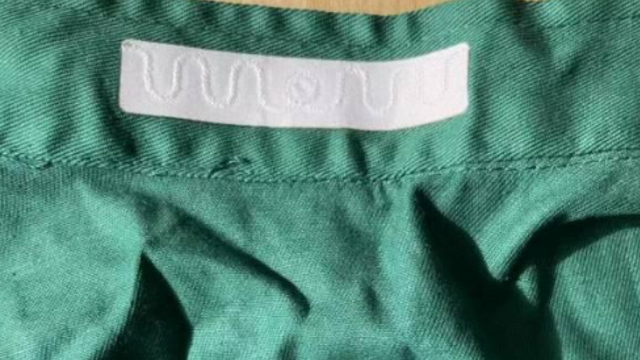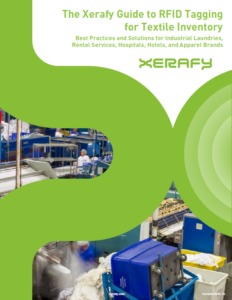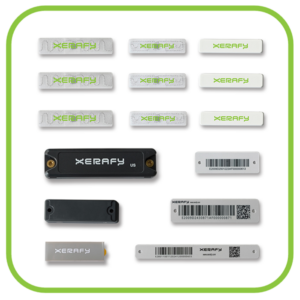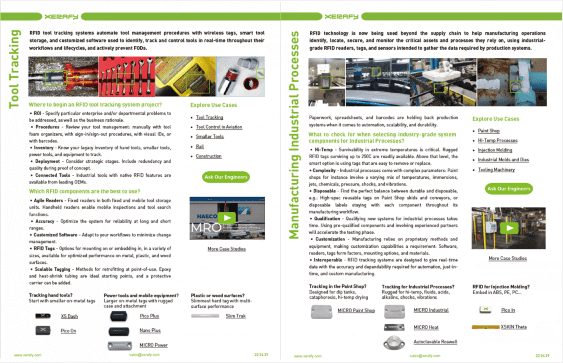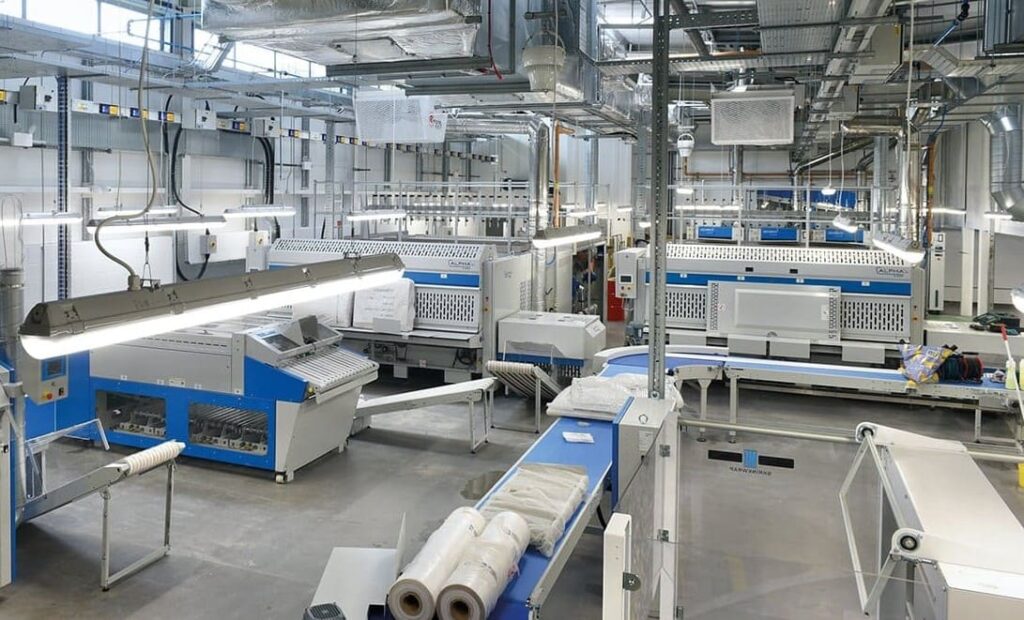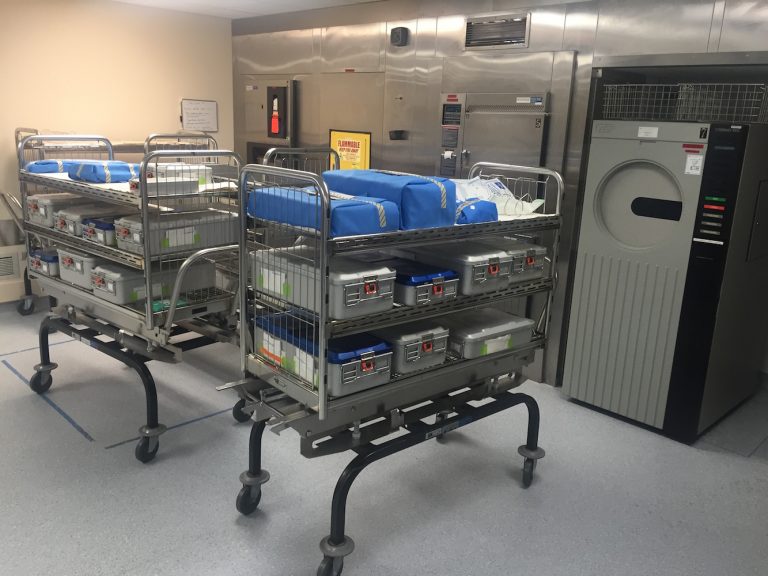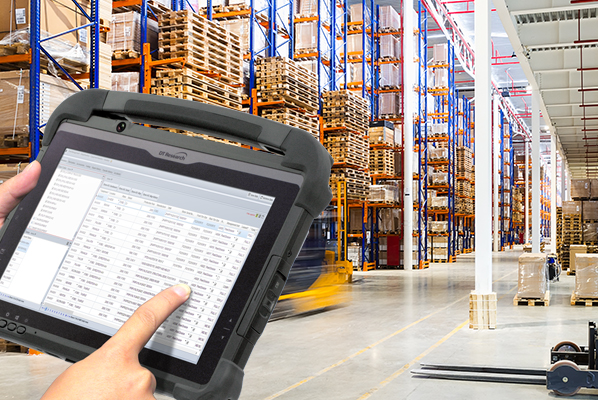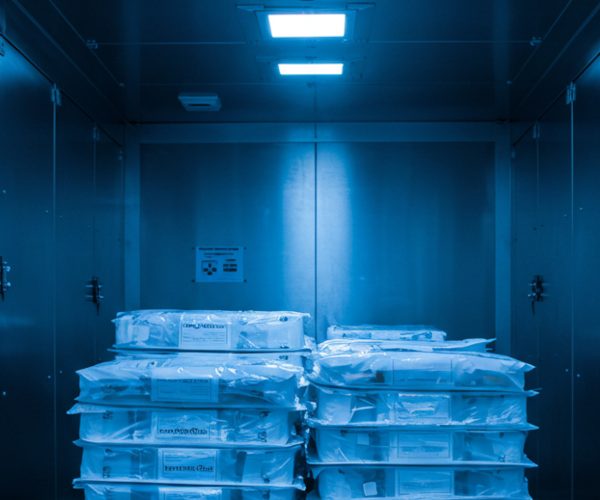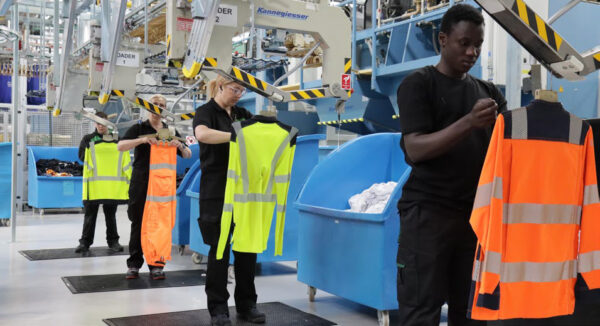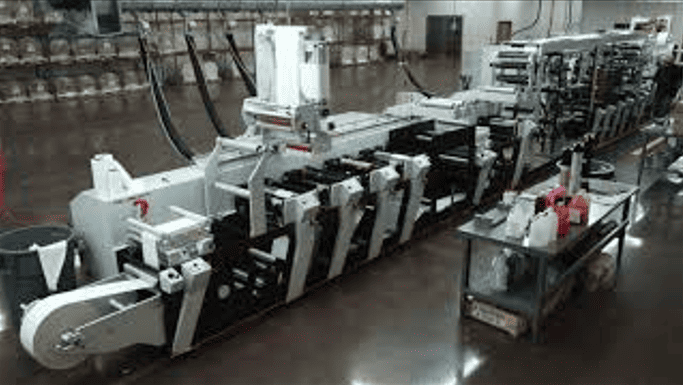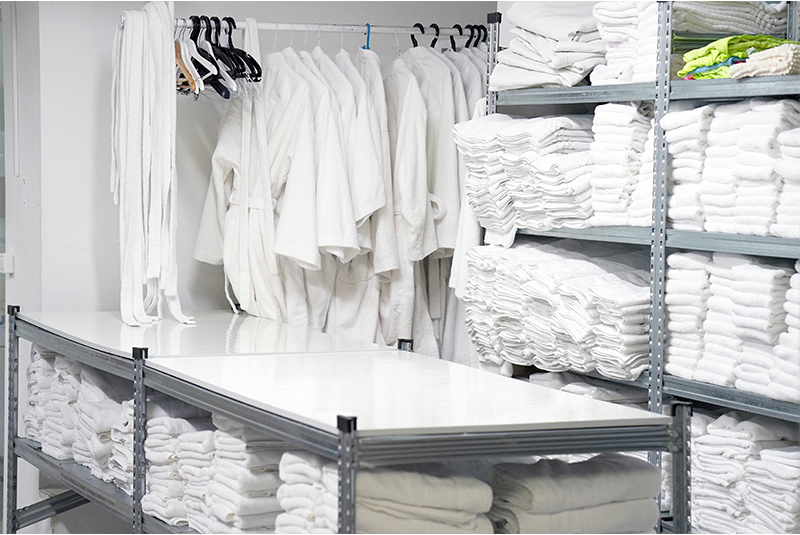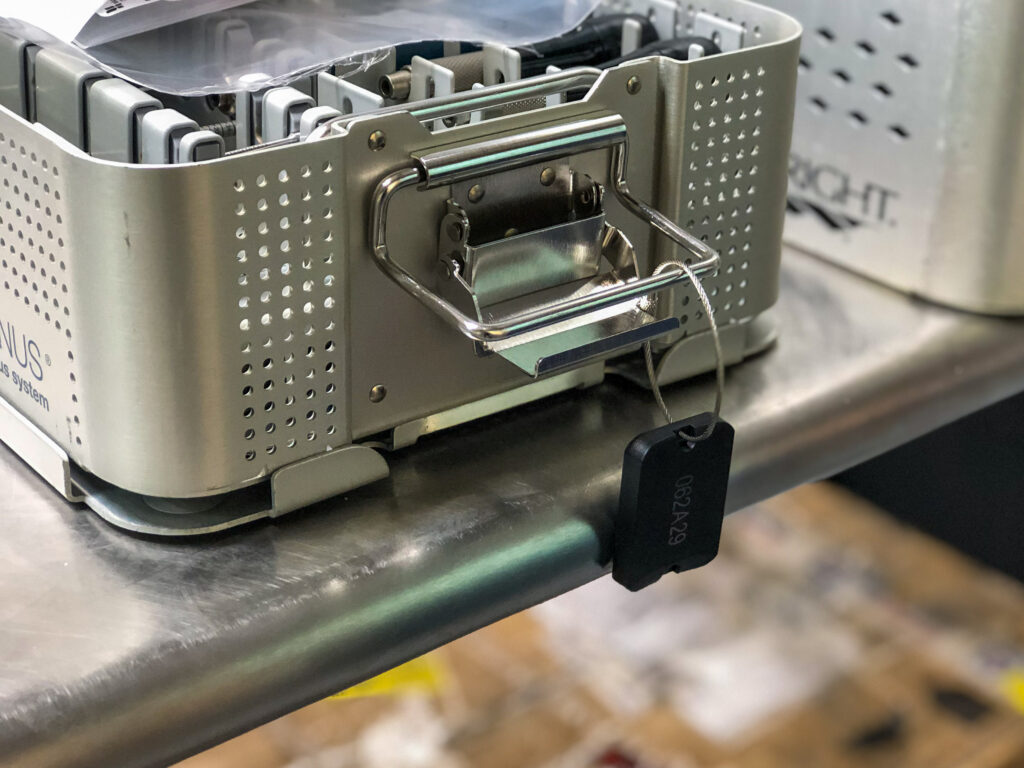Hospitals face growing pressure to deliver hygienic, reliable linen and uniform services while meeting strict regulatory requirements. Manual tracking systems introduce errors that undermine audit readiness, drive losses, and complicate billing with laundry providers.
RFID tags in hospitals deliver a proven solution for automating linen inventory control with item-level traceability. Deployments have reduced loss rates from 15% to under 3%, dramatically improving inventory accuracy, budget efficiency, and compliance.
This white paper examines the challenges hospital laundries face, explains how Xerafy’s RFID solutions address them, and offers practical guidance for implementing audit-ready, efficient linen tracking in healthcare environments.
The Compliance Challenge in Hospital Linen Management
Hospital laundries are required to maintain clear records of washing, sterilization, and delivery cycles for all reusable textiles. Regulatory bodies and accreditation agencies expect hospitals to demonstrate that linens, scrubs, gowns, and other clinical garments (such as barrier gowns, blue garments, and surgical attire) consistently meet hygiene standards throughout their lifecycle.
Yet many facilities still rely on manual logs or basic barcode systems. These approaches create blind spots, introducing human error that leads to missing items, billing disputes with outsourced laundry partners, and failures during audits.
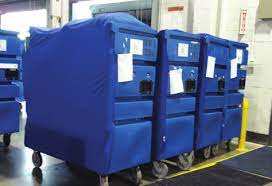
Moreover, infection control protocols demand accountability for reusable textiles. Without reliable data on each item’s movement and usage cycles, hospitals risk cross-contamination, non-compliance, and compromised patient safety.
“In the US alone, hospitals lose nearly $1 billion annually to linen shrinkage. Up to 90% of linens never reach their full useful life, often discarded prematurely as contaminated waste. Effective textile management—including RFID tracking—is essential to reduce costs and ensure hygienic, compliant operations.”
These risks translate into real costs: shrinkage alone can cost mid-size hospitals hundreds of thousands of dollars annually. Over-purchasing buffer stock to compensate for losses ties up budgets that could otherwise support patient care.
The Need for Traceability and Audit-Ready Records
Traceability is no longer optional—it is essential for demonstrating regulatory compliance and maintaining patient safety. Hospitals must track:
When and where each item was laundered and sterilized
The number of times it has been used
Delivery to and return from specific departments
Accurate inventory counts to reconcile with outsourced laundries
Auditing bodies increasingly expect healthcare providers to maintain verifiable records proving that linens meet hygiene and sterilization standards.
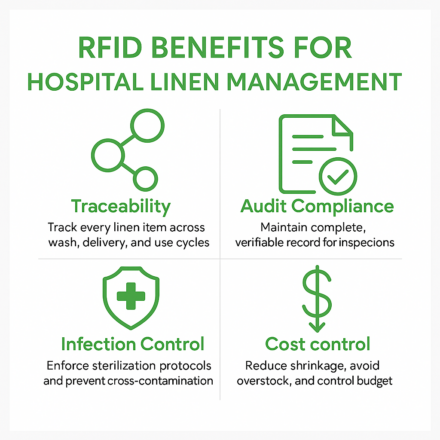
RFID: Automating Compliance and Control
RFID technology transforms linen management into an automated, data-driven system. Each linen item receives a durable, washable RFID tag with a unique identifier. Unlike barcodes, RFID tags are read automatically in bulk as items pass through chokepoints such as collection bins, washers, sterilizers, delivery docks, or storage rooms.
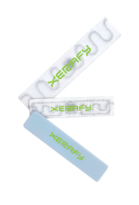
This automation enables continuous, item-level audit trails and real-time visibility into stock levels and usage histories. Hospitals can reduce shrinkage, enforce sterilization protocols, and reconcile billing with laundry partners more accurately.
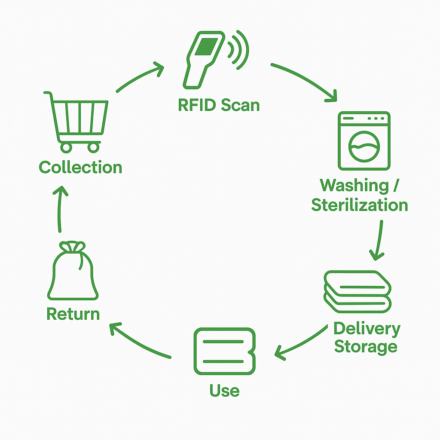
RFID provides the transparency needed to satisfy compliance audits, improve infection control practices, and contain costs—all while freeing staff from time-consuming manual counting.
Key Benefits
Implementing RFID tracking delivers clear, measurable benefits for linen management in healthcare and textile operations. By automating identification and record-keeping, RFID improves accuracy, supports compliance, and reduces operating costs—all while freeing staff to focus on higher-value tasks.
Reduced Shrinkage
RFID deployments have proven to reduce loss rates from 15% to under 3%, delivering dramatic improvements in inventory accuracy and cost control.
Audit-Ready Records
Maintain complete, verifiable histories to support regulatory inspections and compliance audits.Improved Infection Control
Ensure textiles meet sterilization requirements, reducing the risk of cross-contamination and enhancing patient safety.Accurate Billing
Enable clear, verifiable records that support claims reconciliation with outsourced laundries and simplify per-use billing.Operational Efficiency
Eliminate manual counting and paperwork, freeing staff for higher-value tasks and reducing labor costs.
How Xerafy RFID Works in Hospital Laundries
Xerafy’s TEX TRAK series RFID tags are specifically engineered for the demanding conditions of hospital laundering.
These compact, discreet tags can be heat-sealed or sewn into linens, scrubs, and gowns with minimal impact on feel or appearance. They withstand over 200 industrial washing and sterilization cycles while delivering reliable readability.
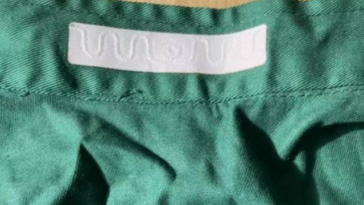
Heat-seal options enable rapid application to flat linens, while sew-in versions are well-suited for garments and drapes. Xerafy engineers help healthcare providers choose the best approach for their textile mix, balancing durability and ease of deployment.
Integration is seamless with standard RFID readers—both handheld and fixed—placed at key workflow points. Data feeds directly into inventory management and billing systems, eliminating manual logging and reducing errors.
Implementation Best Practices
RFID-enabled hospital linen management is straightforward:
- Tagging: Linens, scrubs, and gowns receive washable RFID tags using heat-seal or sew-in methods.
- Scanning: RFID readers at collection points, washers, sterilizers, delivery bays, and storage rooms automatically capture data.
- Tracking: Software maintains real-time inventory counts, usage histories, and movement logs.
- Reporting: Complete audit trails support compliance inspections and billing reconciliation.
Deploying RFID for hospital laundry is a well-proven process supported by Xerafy’s engineering team. The typical approach includes:
- Conducting an inventory audit to identify critical textile assets
- Selecting the appropriate tagging method for each linen type
- Mapping laundry workflows to determine RFID read points
- Integrating RFID data with inventory and billing systems
- Training staff to ensure consistent and proper usage
Xerafy provides guidance and support at every stage—from pilot testing to full-scale deployment.
Next Steps
Ensure compliance, protect patients, and streamline hospital laundry operations with RFID-enabled linen tracking.
Xerafy’s TEX TRAK laundry RFID tags are purpose-built for hospital laundries, delivering reliable, cost-effective performance through hundreds of washing and sterilization cycles. Trusted by hospitals and laundry service providers worldwide, our solutions are proven in real-world conditions across North America, Europe, and Asia-Pacific.
We don’t just supply rugged hardware—we partner with you to design and implement audit-ready, efficient tracking systems that meet the highest standards of infection control and regulatory compliance.
Ready to see the benefits in your facility? Request a Consultation
Xerafy is a pioneer in Industrial RFID, bringing to market several innovations that enable advanced identification and automation capabilities in manufacturing.
In addition to a complete range of field-proven RFID tags available off-the-shelf, Xerafy offers Custom RFID Tags services, covering everything from a personalization service bureau to custom-design engineering capabilities.
